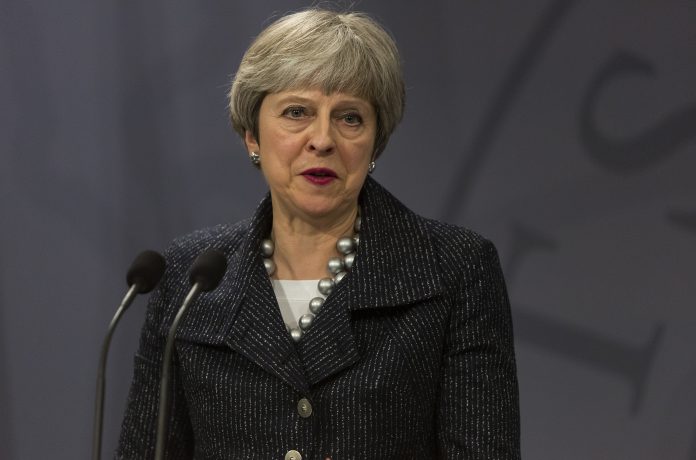Research at the University of York has shown that British Prime Minister, Theresa May, is the most evasive when responding to questions compared to the last four Conservative Prime Ministers
In broadcast political interviews, Theresa May answered just 27% of questions in four interviews from the 2017 general election, and similarly in two interviews just after she became Prime Minister in 2016.
In contrast, David Cameron answered 34% of questions in the 2015 general election, while both John Major and Margaret Thatcher answered 39% of questions in the 1992 and 1987 general elections respectively.
At Prime Minister’s Questions (PMQs), Theresa May’s performance is even more evasive. During 23 sessions of PMQs in 2016-17, she answered only 11% of questions from Labour leader Jeremy Corbyn, whereas David Cameron answered 21% of questions from Corbyn in 20 sessions of PMQs in the previous year.
Covert and overt
Equivocation – or “evading the question” – can be done overtly, for example, by simply declining to answer the question, or covertly, where the evasion is not acknowledged, or may even be concealed.
Professor Peter Bull from the University of York’s Department of Psychology said:
“Theresa May’s techniques of evasion are covert. Of particular interest are her distinctive techniques of ignoring awkward questions, without even acknowledging that a question has been asked, which accounts for 43% of her evasive responses.
“She also responds to her own modified versions of questions, not to the version that was originally posed – 26% of her evasive responses are of this kind.”
Uncertainty
Covert equivocation can result in a lack of political dialogue, creating uncertainty, ambiguity, and a lack of trust.
Professor Bull said:
“If Theresa May fails to answer questions, or even to acknowledge that she is not answering questions, to what extent can she be believed?
“The consequent decline in her political credibility and authority has arguably played an important ongoing role in the current Brexit crisis.”
This study can originally be found here.





![Europe’s housing crisis: A fundamental social right under pressure Run-down appartment building in southeast Europe set before a moody evening sky. High dynamic range photo. Please see my related collections... [url=search/lightbox/7431206][img]http://i161.photobucket.com/albums/t218/dave9296/Lightbox_Vetta.jpg[/img][/url]](https://www.openaccessgovernment.org/wp-content/uploads/2025/04/iStock-108309610-218x150.jpg)





